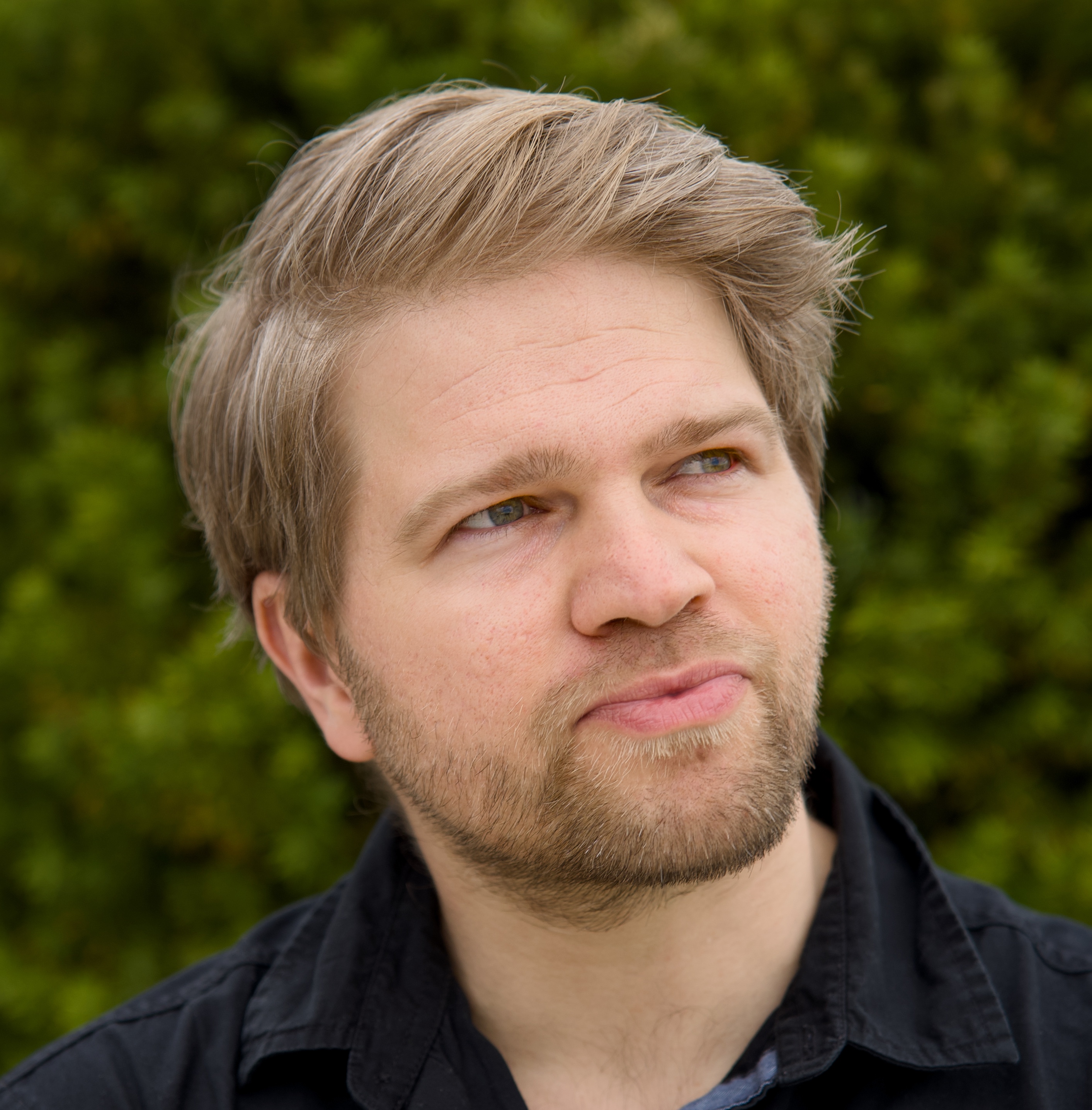
Markus Enenkel, PhD
I have a background in disaster risk management/financing, geospatial engineering, and predictive analytics using machine learning and AI. My work evolves around collaboration with stakeholders in low-income countries, ranging from humanitarian partners and governments to farmer communities, insurers, and development banks. Everything I do is about translating data into actionable knowledge — always acknowledging that national stakeholders know their countries and workflows best. What keeps me up at night is that people who contributed virtually nothing to climate change are suffering from extreme events and devastating climate-conflict feedback loops. In many cases, one single extreme event can affect a child's entire life.
My work focuses primarily on increasing disaster resilience in low-income countries. I believe in the power of early action and forward-looking risk financing systems because they can prevent shocks from turning into full-blown crises that jeopardize hard-earned development gains. In parallel, I'm trying to push the boundaries of risk-informed decision-making by linking research (see the research section) and applications.
I had the opportunity to work directly with NGOs (e.g., Doctors without Borders), the UN (e.g., WFP, FAO, OCHA, UNCCD, UNDRR), academia (e.g., TU Vienna, Columbia/Harvard Uni), the International Red Cross movement, development banks, big tech, and space agencies (ESA, NASA, Netherlands Space Office). Currently, I'm supporting the World Bank's Disaster Risk Finance and Insurance Program (DRFIP) and the Global Water Practice.
Selected Projects
Next Generation Drought Index
The NGDI Dashboard empowers stakeholders to create, visualize, and customize drought indices using various complementary climate data to improve disaster risk financing with more transparency and control. NGDI involves the UN, universities, companies, and the European Space Agency.
De-risking, Inclusion and Value Enhancement of Pastoral Economies in the Horn of Africa (DRIVE)
The DRIVE project enhances drought resilience and market access for pastoralists in the Horn of Africa through financial services, value chain inclusion, and livestock trade facilitation, with a strong emphasis on integrating gender equality.
West Africa Food System Resilience Program
In collaboration with Economic Community of West African States, we're exploring ways to strengthen the Regional Food Security Reserve. The aim is to have both the financial resources and actual food resources ready for regional emergencies.
Global Drought Monitoring and Risk/Resilience Assessments
We're working with the Global Alliance on Food Security to embed advanced climate information into food security forecasts. The drought risk and resilience assessment methodology is currently being rolled out in Latin America and Asia.
Artificial Intelligence incl. Large Language Models
We're currently exploring the added value of different advanced (e.g., LLM-based) methods to automatically crawl, contextualize, and summarize drought-related information, benchmarking it against human-generated multi-sectoral drought reports.
MERGE Initiative
Funded by the Rockefeller Foundation, MERGE will automatically harmonize global disaster data and make it accessible to the public, researchers, and decision-makers.
Research & Publications
Recent peer-reviewed publications and research contributions in environmental science, remote sensing, and sustainable development.
From Chaos to Clarity: How the MERGE Initiative is rethinking global Disaster Data
Enenkel, M., Guha-Sapir, D., and Scales, S.
The Future of Food Security Lies in National Food and Digital Data Sovereignty
Brown, M., Ouaret, W., Timilsina, K., Carr, E., Mucic, P., Enenkel, M.
Decoding climate anomalies - from scientifically sound to societally relevant
Brown, M, Tarnavsky, E. and Enenkel, M.
Financial Tools for the Water Sector to Support Drought Risk Management
Cohen Mizarv, H., Enenkel, M., and Engle, N. L.
Building Climate Solutions Through Trustful, Ethical, and Localized Co-Development
Caudill, C., Avalon-Cullen, C., Archer, Smith, R. A., Newlands, N. K., Fraser Taylor, D.R., Pulsifer, P. L., Enenkel, M.
Climate variability through the lens of applied weather index insurance in Senegal - a novel perspective on the implications of decadal variation
Osgood, D., Blakeley, S., Ouni, S., Enenkel, M., Giannini, A., and Lebel, T.
Human losses due to climate-related disasters: an urgent call for quality control
Enenkel, M., Guha-Sapir, D., and Zaitschik, B.
The right decision in the face of possible false alerts – Anticipatory Action for Drought in West Africa
Parodi, L., and Enenkel, M.
Incorporating indigenous knowledge systems-based climate services in anticipatory action in Zimbabwe: An ex-ante assessment
Dube, T., Huhn, A. L., Nobre, G. G., Enenkel, M.
ENSO Impacts on Jamaican Rainfall Patterns: Insights from CHIRPS High-Resolution Data for Disaster Risk Management
Avalon-Cullen, C., Al Suhili, R., Hill, H., Spence-Hemmings, J., C. Caudill, C., Newlands, N. K., and Enenkel, M.
Big Data, Small Island: Earth Observations for Improving Flood and Landslide Risk Assessment in Jamaica
Avalon-Cullen, C. Caudill, C., Newlands, N. K., Enenkel, M.
Playlist
My life evolves around music — it's what keeps me grounded and focused. I’d love to share what makes me happy. The selection ranges from Loyle Carner to Brad Mehldau, from Little Simz to Idels, from Radiohead to Gary Clark Jr, and from Khruangbin to Dimitri Shostakovich.
Get in Touch
Have a question about my work, interested in collaboration, or just want to connect? I'd love to hear from you.
Send me a message
Or connect with me on
LinkedIn